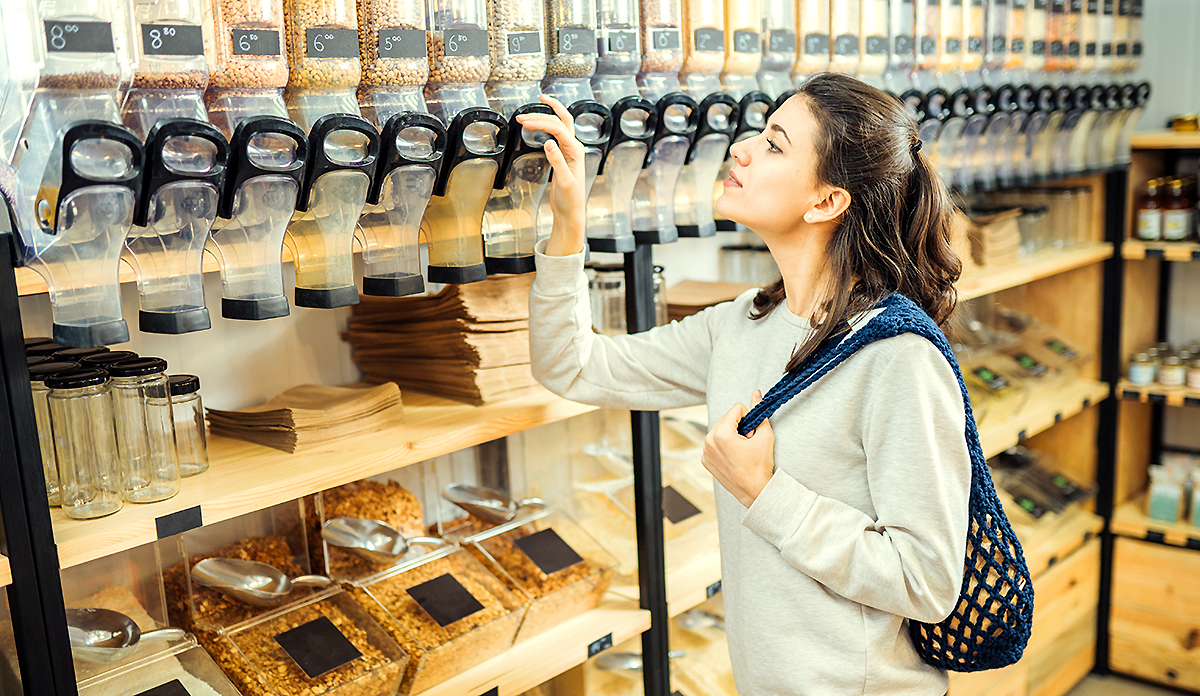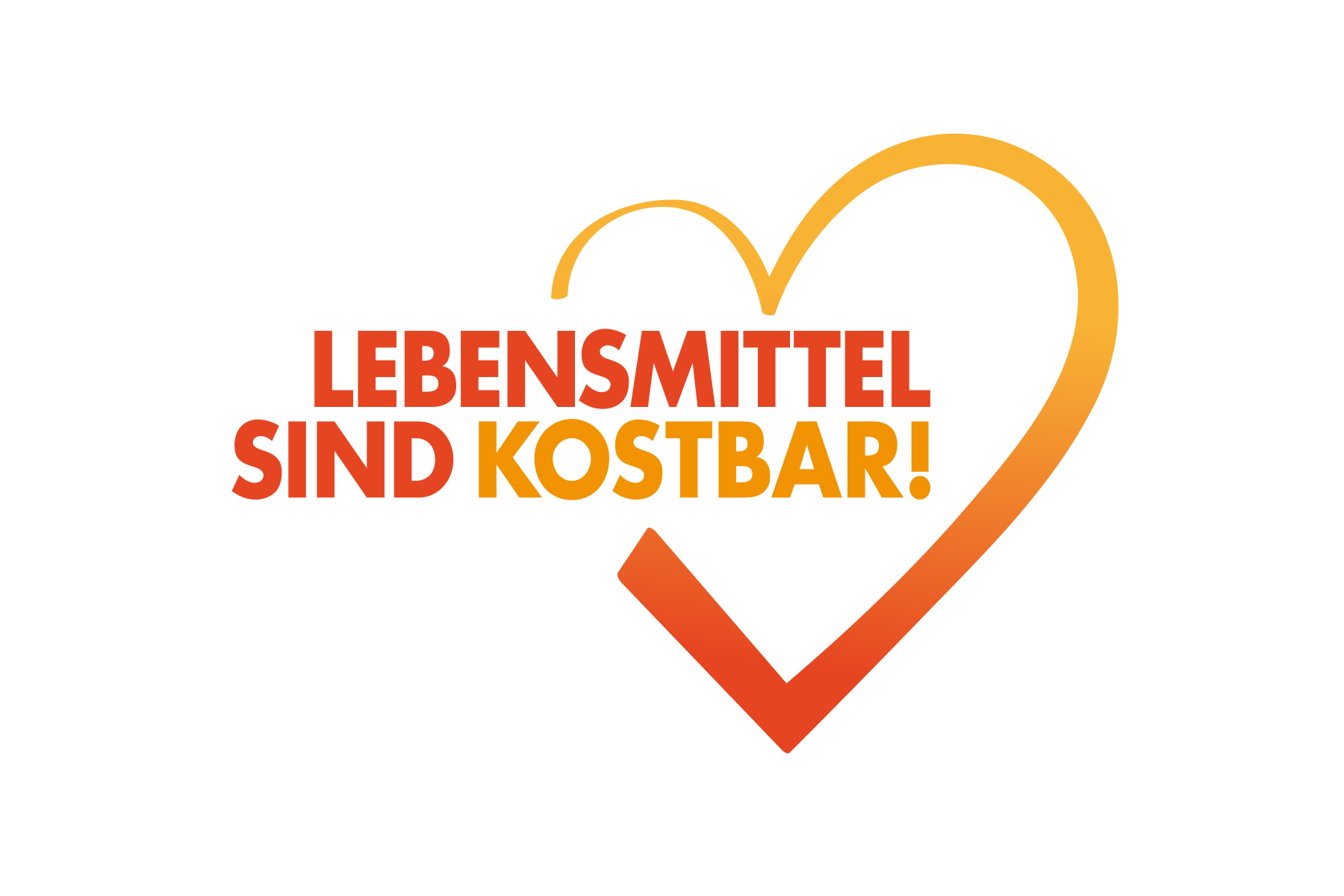Austria
With the Federal Waste Management Plan, the national waste prevention programme is updated regularly, at least every six years. It applies to the whole of Austria and invites all those concerned, whether in the operational or private sphere, to be involved in the local, regional and national implementation.

Around 90 measures cover the focus areas of construction waste, food waste, re-use and prevention in companies, organisations or households, and the new focus areas to be added are plastics and packaging as well as textiles, as clothing is also unfortunately being used for ever shorter periods. Sustainable changes are needed, both in production and in consumption.
Extending the lifetime of products, for example through repair, is a key factor in reducing environmental impacts. The promotion of repairs therefore makes a significant contribution to resource conservation and climate protection. Within the framework of the Resilience and Reconstruction Fund, which is financed by the EU, the Federal Ministry is promoting the repair of electrical and electronic equipment from the second quarter of 2022 until mid-2026.
The manufacture, transport, use and disposal of new products are, however, accompanied by considerable environmental impacts: limited resources are extracted more quickly, raw materials and products are transported over long distances, greenhouse gases damage the climate and waste generation increases. Against this background, maintenance, repair and recycling within the meaning of the re-use model are of central importance for a sustainable circular economy and society.
Since the Waste Management Act (Abfallwirtschaftsgesetz, abbr. AWG) from 2002, approved collection and recovery systems are obligated to take measures to promote waste prevention. Such systems for the collection and recovery of packaging, used electrical appliances, used batteries and end-of-life vehicles are currently established.
Responsible consumption
If disposal is unavoidable, Austria offers a high-functioning, comprehensive waste management and disposal service. Nevertheless, waste ends up in the environment every year, from packaging material to cigarette butts and chewing gum. Initiatives like deposits for disposable drink bottles made of plastic or metal or extended producer responsibility regarding the cleaning costs and awareness raising help to directly curb discarded drink and take-away packaging. Campaigns like “Take your rubbish with you” build additional awareness of how far-reaching the consequences of careless handling of rubbish are. At an international level, the Single-use Plastics Directive stipulates that the consumption of beverage cups and food packaging must be reduced permanently with ambitious measures.
With this in mind, awareness of the problem in the population must be strengthened. Where waste is deposited once, more and more is added. The earlier awareness raising begins with young people, the better. Campaigns like the school competition “Schools prevent waste!” start here.

The “Food is precious!” initiative
Another important issue is food waste. Consumers can also make an important contribution here. Well-planned shopping not only helps to prevent food waste, it also saves a lot of time and money at the supermarket. Opened products cannot always be used at once. This does not automatically mean, however, that the rest has to be thrown away. Many foods spoil because they are stored incorrectly or forgotten. Across Austria alone, around 229,000 tonnes of packaged and unpackaged food and leftovers end up in residual waste. This corresponds to a value of more than one billion euros. The “Food is precious!” initiative counters this waste in households and companies – together with the economy, the consumers, with municipalities and with social institutions. Within this framework, an agreement to prevent food waste was reached with the food trade. Almost one third of the no longer saleable but still edible food in the retail trade is saved by being passed on to social institutions and for feeding. With the publication “Bread is precious! Without rubbish!”, the Federal Ministry also provides guidance for the reduction of preventable bread and baked goods waste.
The “Food is precious!” initiative advocates careful handling of food. In this regard: The earlier, the better! Schools and extracurricular groups and organisations are supported in sensitising children to the topic of food, with extensive educational materials and worksheets.
Last but not least, the “United Against Waste” initiative addresses food waste prevention in gastronomy, accommodation and communal catering. Companies in this area as well as the Federal Government, the states, science and non-governmental organisations jointly pursue an ambitious goal: Preventable food waste in industrial kitchens is to be gradually reduced by half by 2030.